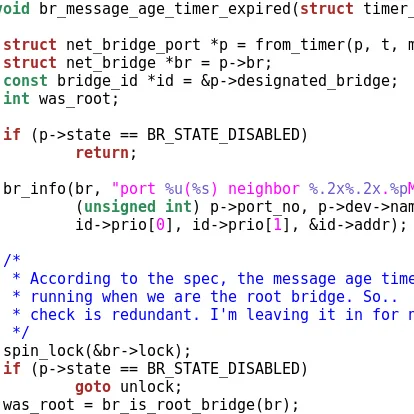VLC Gains A BPG Decoder, But Will This Image Format Ever Take Off?

Added on Thursday to the VLC media software was the libbpg decoder that comes in at just about 200 lines of code. BPG designed by Fabrice Bellard does offer better compression and quality than JPEG images, but being based on HEVC makes it a legal mess especially for open-source software.
Those only hearing about Better Portable Graphics for the first time can learn more at Bellard.org. Ignoring the legal challenges, BPG is technically superior to JPEG, can be supported in hardware by standard HEVC decoders/encoders given it uses a subset of the HEVC specification, supports a higher dynamic range, supports lossless compression, and can work right now with most web browsers when using a JavaScript-based decoder.
JPEGs are widespread and it will take a lot to unseat them... Speaking of images, if anyone knows what type of animal (fox?) this intruder is at the Phoronix office, feel free to post in the forums or tweet me. Have a creative way to safely and theoretically catch it, similar in creativity to using computer parts to open beers?
Aside from Better Portable Graphics, Mozilla is concentrated on MozJPEG to better optimize JPEGs, Google still has WebP though there hasn't been much progress to report on that front recently, and on a slightly different note a GNOME developer came up with a new animated image format in trying to replace GIFs.

